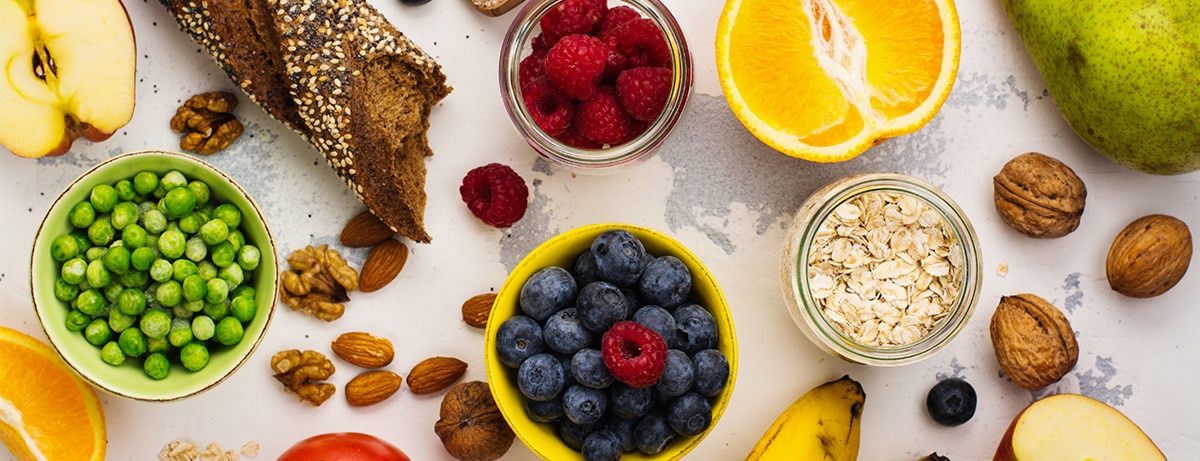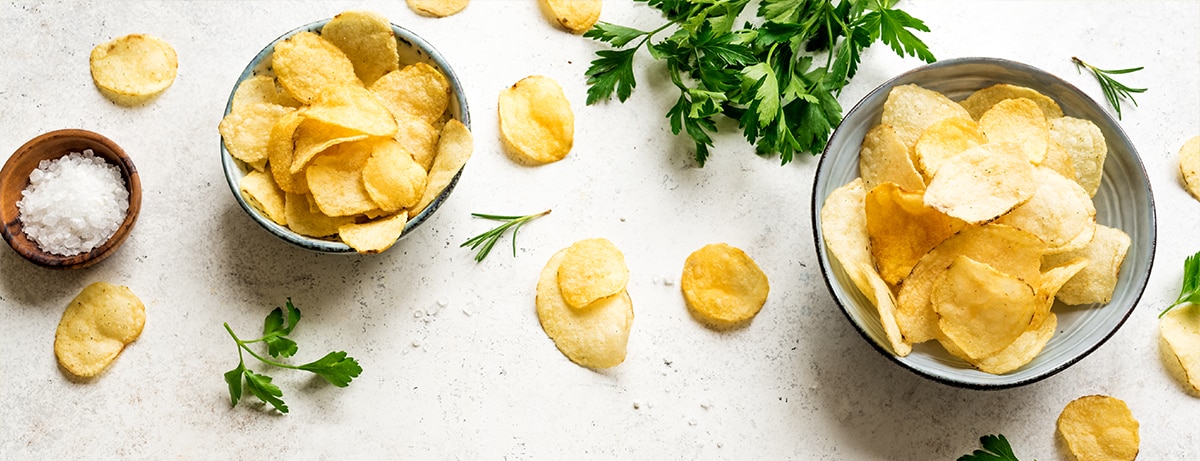15% off £30
Code:HB15
🏷️ 3 for 2 Mix & Match☀️ Summer ShopOffersOffers Hub3 for 2 Mix & MatchBuy 1 Get 1 FreeOutletSave up to 1/2 PriceBuy one get one 1/2 price1/2 PriceBetter than 1/2 priceShort DatedGreat SavingsIntroductory Offer3 for £3 Mix & MatchBuy 6 for £15 Mix & MatchVitamins & SupplementsVitamins & Supplements HubVitamins & Supplements Shop AllCBDShop all CBDCBD OilCBD CapsulesCBD SprayCBD GummiesCollagen & SilicaHair, Skin & NailsShop all Hair, Skin & NailsHair GrowthFunctional MushroomsVitaminsShop all VitaminsMultivitaminsVitamin AVitamin BVitamin CVitamin DVitamin EVitamin KVitamin DrinksMineralsShop all MineralsMagnesiumIronZincCalciumSeleniumChromiumSupplementsShop all SupplementsFibre SupplementsAcidophilus & Friendly BacteriaPeppermint OilGrapeseed ExtractLecithinCollagen & SilicaOmega & Fish OilsPlant Sourced SupplementsSuperfood SupplementsArnicaApple CiderRaspberry KetonesAloe VeraChondroitin & MSMCo Enzyme Q10Evening Primrose OilGarlicGinkgo BilobaGlucosamineGlucomannanSeaweed, Kelps and Aquaceuticals5 HTPSaw palmettoCharcoalWomen's HealthShop all Women's HealthMenopauseMenstrual SupportUrinary Tract HealthPregnancy & ConceptionMen's HealthShop all Men's HealthProstate HealthChildren's HealthConditionShop all ConditionWater RetentionAllergy & Hay Fever CareAnxiety SupportBone & Muscle HealthMuscle Support & Joint PainBrain & Memory SupportWomen's HealthMen's HealthChildren's HealthPain ReliefCold & Immune SupportFatigueDigestive HealthHair, Skin & NailsHeart & CirculationLiver CareMood SupportSexual HealthSleep & RelaxationStress ReliefVisionHerbal & Licensed RemediesShop all Herbal & Licensed RemediesValerianSt John's WortRescue RemedyAgnus CastusAshwagandhaEchinaceaMilk ThistleDevil's ClawGinseng & GuaranaBlack CohoshHomeopathic & Flower RemediesShop all Homeopathic & Flower RemediesRescue RemedyTissue SaltsFlower RemediesHomeopathic RemediesAt-Home TestsVegan Vitamins & Supplements3 for 2 Mix & MatchBuy 1 Get 1 FreeOutletHolland & BarrettVitabioticsSolgarWeledaNew NordicBioglanBetterYouNatures AidGrass & Co.Nature's WayDairy FreeGluten FreeSesame Seed FreeCelery FreeCereal FreeCrustaceans FreeEgg FreeFish FreeKiwi FreeLupin FreeNew inFood & DrinkFood & Drink HubFood & Drink Shop AllVegan FoodHoney, Jams & SpreadsShop all Honey, Jams & SpreadsManuka HoneyHoneyJams & ChutneysNut ButtersSpreadsPateTeas & Hot BeveragesShop all Teas & Hot BeveragesTeaCoffee & Coffee SubstituteMushroom DrinksDried Fruit, Nuts & SeedsShop all Dried Fruit, Nuts & SeedsNutsDried FruitSeedsMixesSuperfoodsShop all SuperfoodsSuperfood PowdersMaca PowderGoji BerriesBaobabMoringa PowderFlaxseedSpirulinaChia SeedsSnacksShop all SnacksProtein BarsLow Calorie SnacksChocolate, Cakes & BiscuitsSavoury SnacksSweet SnacksSnack BarsCrisps & ChipsFlapjacksPopcornFood CupboardShop all Food CupboardHoney, Jams & SpreadsBreakfast CerealsSuperfoodsApple Cider VinegarCondiments & SaucesTinned FoodsRice, Pasta, Pulses & GrainsBreakfast CerealsShop all Breakfast CerealsCereals, Bran & FlakesGranolaMuesliOats & PorridgeBreakfast BarsDrinksShop all DrinksKombuchaNatural Energy DrinksJuicesSoft DrinksWaterAlcohol Free DrinksCookingShop all CookingCooking IngredientsApple Cider VinegarCondiments & SaucesSoya & Meat AlternativeSoup & Ready MealsRice, Pasta, Pulses & GrainsHerbs, Spices & SeasoningGravy & StockHome BakingShop all Home BakingBaking MixesBreadFlourSweeteners & Sugar AlternativesEgg SubstitutesDairy AlternativesShop all Dairy AlternativesOat, Rice & Hemp DrinksSoya DrinksNut DrinksCoconut DrinksNutritionally Complete Food3 for 2 Mix & MatchBuy one get one 1/2 priceBuy 1 Get 1 FreeHolland & BarrettNaturyaHeath & HeatherPukkaGrenadeMeridianTwiningsBionaNakdManuka DoctorGluten FreeDairy FreeEgg FreeWheat FreeMilk FreeMustard FreeCelery FreeFish FreeSulphites FreeCrustaceans FreeNew inSports NutritionSports Nutrition HubSports Nutrition Shop AllProteinShop all ProteinClear ProteinWhey ProteinMass GainersVegan ProteinDiet ProteinCaseinSports SupplementsShop all Sports SupplementsTestosteroneSports CollagenBars, Drinks & SnacksShop all Bars, Drinks & SnacksEnergy BarsEnergy DrinksProtein BarsProtein ShakesProtein SnacksNutritionally Complete FoodMeal Replacement ShakesPre Workout & EnergyShop all Pre Workout & EnergyPre WorkoutAmino Energy DrinksAmino Energy PowdersIntra WorkoutKetoPost WorkoutAmino AcidsShop all Amino AcidsAmino Energy PowdersAmino Energy DrinksBCAAL-LysineGlutamineCarnitineArginineCreatineShop all CreatineCreatine PowderCreatine CapsulesRehydrationShop all RehydrationElectrolytesEnergy GelsVegan Sports NutritionShop all Vegan Sports NutritionVegan ProteinVegan Protein BarsVegan Pre Workout & EnergyVegan Amino AcidsVegan CreatineSports AccessoriesShop all Sports AccessoriesBottles & ShakersFitness EquipmentFitness GoalShop all Fitness GoalRecoveryMuscle & StrengthLean MuscleEnergy & EnduranceDiet & Weight LossSave up to 1/2 Price3 for 2 Mix & MatchGreat SavingsOptimum NutritionPE NutritionUSNApplied NutritionGrenadePhDSiSFoodspringHuelYfoodDairy FreeGluten FreeSugar FreeSoya FreeCelery FreeCereal FreeCrustaceans FreeEgg FreeFish FreeKiwi FreeNew inBeautyBeauty HubNatural Beauty Shop AllAromatherapy & HomeShop all Aromatherapy & HomePure Essential OilsBlended Essential OilsBase & Carrier OilsHolisticSkincareShop all SkincarePremium SkincareFace CareBody CareSun CareTanning & BronzingEye CareLip CareFoot CareHand & Nail CareSkin AilmentsSkin OilsCBD BeautyHair Skin & NailsWashing & BathingShop all Washing & BathingShampoo & ConditionerBathing AccessoriesShower Gel & Body WashDeodorantDentalHand WashSoapBath Soak & OilBody ScrubBath Bombs & SaltsFeminine CareIncontinence SupportHair CareShop all Hair CareShampoo & ConditionerHair ColouringHair MasksHair Oil & SerumHair Spray, Gel & MousseHair AccessoriesMother & BabyShop all Mother & BabyBaby Skincare & ToiletriesElectrical WellnessSexual Wellness3 for 2 Mix & MatchOutletBuy 1 Get 1 FreeDr OrganicFaith in NatureWeledaNaturtintTisserandSukinMiaromaQ+AEthiqueSo EcoAlcohol FreeParfum FreeParaben FreeSLS FreePalm Oil FreeGluten FreeCelery FreeCereal FreeCrustaceans FreeEgg FreeNew inCBDWeight ManagementWeight Management HubWeight Management Shop AllFat Burners, Binders & Appetite SuppressantsShop all Fat Burners, Binders & Appetite SuppressantsFat BurnersFat BindersAppetite SuppressantsSlimming TabletsShakes & Weight Management ShotsShop all Shakes & Weight Management ShotsMeal Replacement ShakesDiet ProteinDiet Food & DrinkShop all Diet Food & DrinkDiet FoodLow Calorie SnacksSlimming TeaExercise SupportShop all Exercise SupportFitness EquipmentMeal Replacement ShakesDiet ProteinProtein Bars3 for 2 Mix & MatchSave up to 1/2 PriceBuy 1 Get 1 FreeOptimum NutritionGrenadeHolland & BarrettUSNPhDPulsinEat WaterNatures AidNew NordicSlimExpertDairy FreeSugar FreeGluten FreeWheat FreeNew inVeganHealth & WellnessShop all Health & WellnessJoints Bones & MusclesGut HealthHair Skin & NailsStress AnxietySleep & Relaxation3 for 2 Mix & MatchBuy 1 Get 1 FreeOutletHolland & BarrettWeledaVitabioticsDr OrganicSolgarNaturtintOptimum NutritionNew NordicHeath & HeatherBioglanDairy FreeGluten FreeParaben FreeSLS FreeAlcohol FreeParfum FreeSugar FreeWheat FreeSoya FreeEgg FreeNew inShop for your WellnessWomen's HealthMenstrual HealthMenopauseJoints, Bones & MusclesGut HealthHair, Skin & NailsImmunitySleep & RelaxationFood & DietChildren's HealthStress ReliefHealthy HeartEnergyLow Mood & DepressionConcentration & AlertnessEye HealthSexual HealthLearn about WellnessWomen's HealthPeriods & Cycle HealthMenopauseJoints, Bones & MusclesImmunityGut HealthFood & DietSports & FitnessSleep & RelaxationHair Skin & NailsAll articlesHealthFood & nutritionGut healthImmunityJoints, bones & musclesWomen's healthWellnessHair & skinMental wellbeingSeasonalSleep & relaxationSports nutritionRecipesAll recipesGluten freeLow sugarVeganDairy freePodcast
Latest articles
Sign up for exclusive offers
Plus, get expert advice to support your health & wellness straight to your inbox when you sign up to Holland & Barrett emails.
Read our
privacy policy
Customer Service
About Us
Copyright © Holland & Barrett Retail Limited, 2024. All rights reserved. hollandandbarrett.com is a trading name of Holland & Barrett Retail Limited,. Registered office: Samuel Ryder House, Barling Way, Nuneaton, Warwickshire CV10 7RH. Registered in England: company no. 2758955. Registered VAT no. 211727395.














